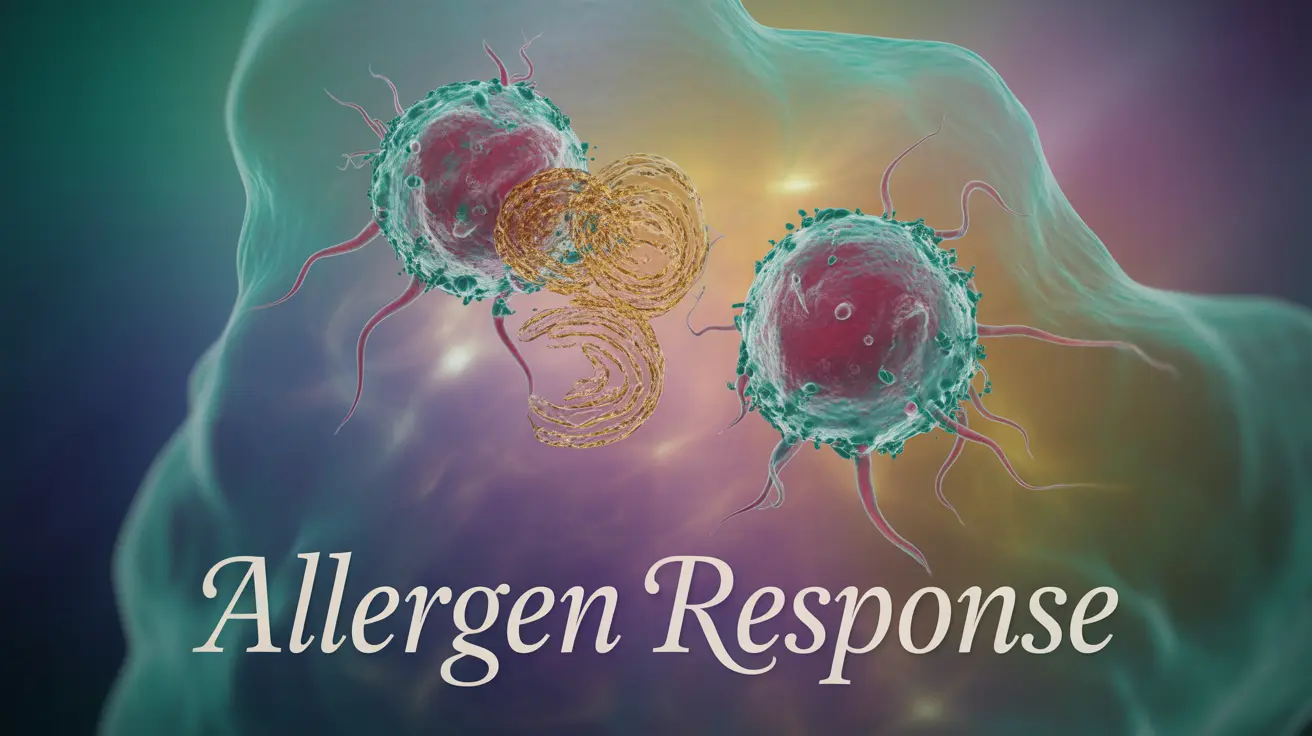Many people who experienced allergies in childhood wonder if there's hope for outgrowing them. The fascinating reality is that some allergies can indeed fade over time, while others may persist throughout life. Understanding this complex journey and knowing what to expect can help both parents and individuals manage their allergies more effectively.
Whether you can grow out of allergies depends on various factors, including the type of allergy, age of onset, and individual immune system characteristics. Let's explore the science behind outgrowing allergies and what you need to know about this process.
Common Allergies That Children May Outgrow
Some food allergies have a higher likelihood of being outgrown during childhood or adolescence. The most commonly outgrown food allergies include:
- Milk allergies (approximately 80% of children outgrow them)
- Egg allergies (around 68% of children outgrow them)
- Soy allergies (about 50% of children outgrow them)
- Wheat allergies (many children outgrow them by age 12)
However, certain allergies are less likely to be outgrown, such as peanut, tree nut, fish, and shellfish allergies. These typically persist into adulthood.
The Science Behind Outgrowing Allergies
The process of outgrowing allergies is related to how the immune system matures and adapts over time. When someone has an allergy, their immune system incorrectly identifies certain proteins as harmful and produces antibodies to fight them. As the immune system develops, it may become more tolerant to these substances.
Factors Affecting Allergy Resolution
Several factors influence whether someone might outgrow their allergies:
- Initial severity of the allergy
- Age when the allergy first appeared
- Family history of allergies
- Presence of other allergic conditions
- Type of allergen involved
Safe Testing for Outgrown Allergies
If you suspect you've outgrown an allergy, it's crucial to approach testing safely and under medical supervision. Never attempt to test an allergy on your own, as this could be dangerous or even life-threatening.
Professional Testing Methods
Doctors use several methods to determine if someone has outgrown an allergy:
- Skin prick tests
- Blood tests to measure specific antibody levels
- Oral food challenges (performed under strict medical supervision)
- Component testing for specific allergen proteins
Frequently Asked Questions
Can children outgrow food allergies, and which types are most likely to be outgrown? Yes, children can outgrow certain food allergies. Milk, egg, soy, and wheat allergies are most commonly outgrown, with success rates varying from 50-80% depending on the specific allergy.
How can a doctor determine if someone has outgrown an allergy before reintroducing the allergen? Doctors use a combination of skin prick tests, blood tests measuring specific IgE antibodies, and supervised oral food challenges to safely determine if someone has outgrown an allergy.
Why do some allergies persist into adulthood while others disappear over time? The persistence of allergies depends on factors including the specific allergen type, initial reaction severity, genetic predisposition, and individual immune system characteristics. Some allergies, particularly to peanuts, tree nuts, and shellfish, are more likely to be lifelong.
What are the risks of trying to eat an allergenic food without medical supervision if you think you've outgrown the allergy? Attempting to consume allergenic foods without medical supervision can be extremely dangerous and potentially life-threatening. Even if you think you've outgrown an allergy, you could experience severe reactions including anaphylaxis.
What symptoms should prompt immediate emergency care for severe allergic reactions like anaphylaxis? Seek immediate emergency care for symptoms such as difficulty breathing, throat tightness, severe swelling, rapid pulse, dizziness, or loss of consciousness. Other concerning symptoms include widespread hives, severe vomiting, or a significant drop in blood pressure.




